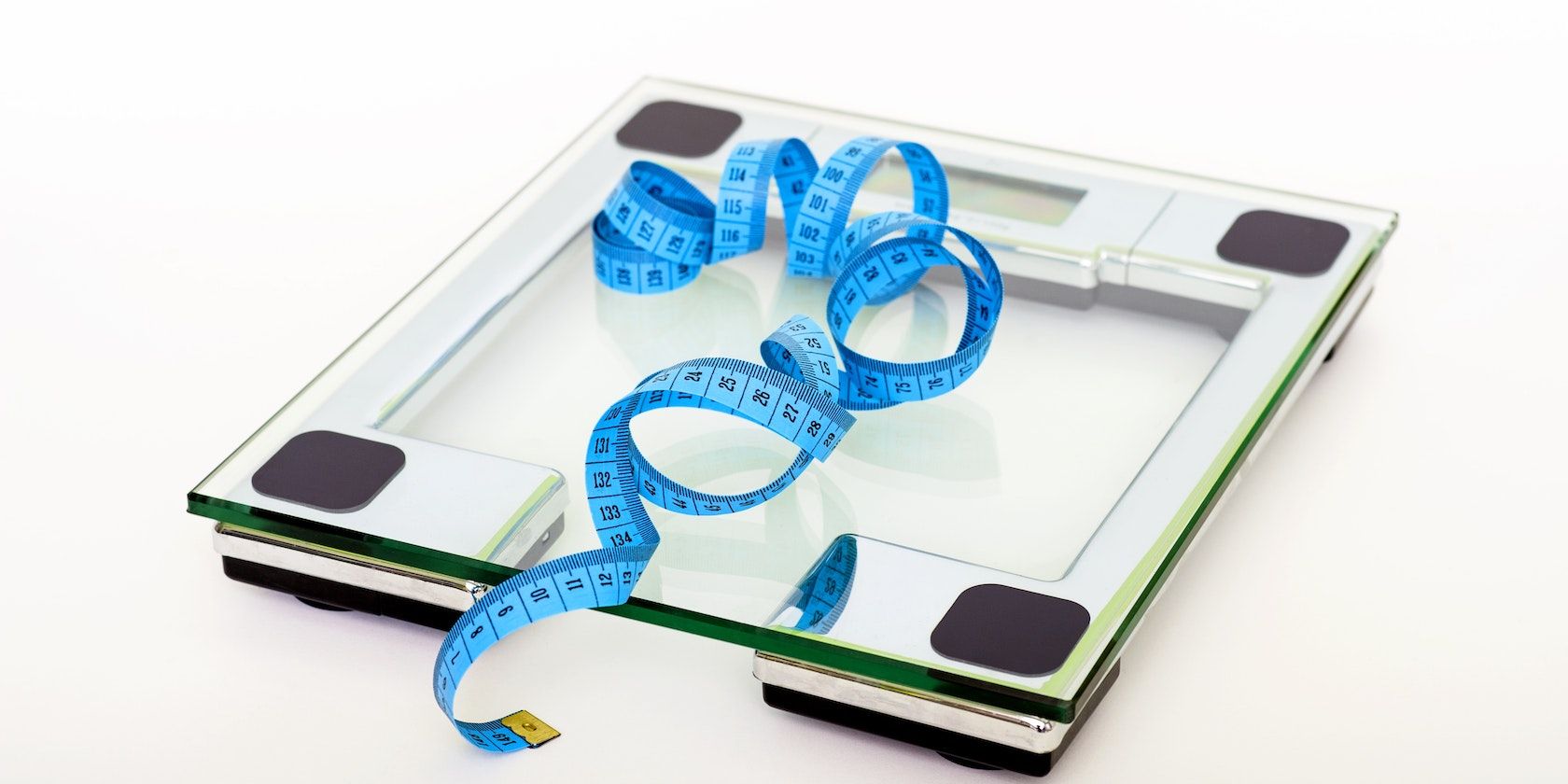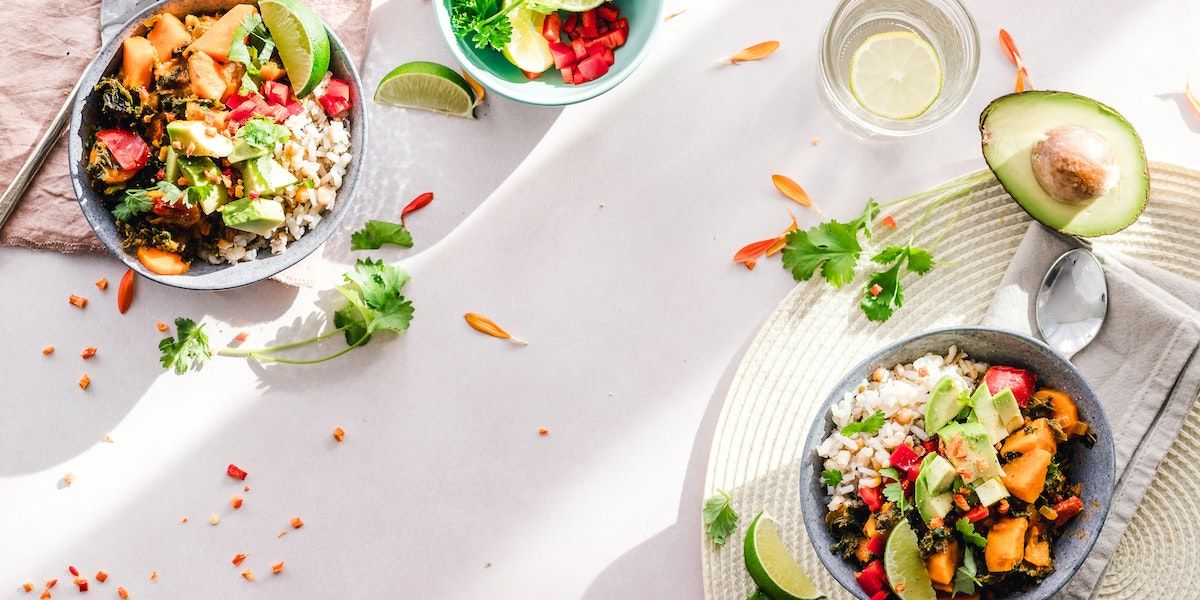Intermittent Fasting is a powerful method to lose weight, boost energy, and improve overall well-being, but it can be challenging to implement for newcomers. But worry not! This carefully curated post will cover specific tips and tricks to make your fasting experience easier and more enjoyable.
1. Start With the 16/8 Method
For beginners starting with intermittent fasting (IF), one of the simplest and most popular methods is the 16/8 approach. This means breaking down the 24 hours into fasting for 16 hours and eating within an 8-hour window daily.
For instance, you can skip breakfast, have your first meal at noon, and conclude with dinner by 8 p.m. This gives your body enough time to burn fat and repair itself during fasting.
To make it easier to follow, you can utilize an IF app like Fasting, which helps track your fasting and eating hours, sets reminders, and monitors your progress.
2. Pre-Plan Your Meals and Snacks
Planning your meals is essential for a successful intermittent fasting journey. It helps you avoid temptation, save time, and get enough nutrients and calories. Consider using apps like Mealime or Eat This Much to simplify meal planning.
These meal planner apps help you create personalized menus based on your dietary preferences and dietary goals. They also provide easy-to-follow recipes, shopping lists, and valuable nutrition information, making it comfortable for beginners to stay on track and enjoy healthy and delicious meals during their eating window.
3. Stay Hydrated While Fasting
Drinking plenty of water not only flushes out toxins, regulates body temperature, and prevents dehydration, but it also helps reduce hunger pangs and cravings. Sometimes, thirst is mistaken for hunger (especially for beginners), so water intake can help control unnecessary snacking.
You can choose plain water or enhance the taste and benefits by adding lemon, cucumber, mint, or berries. Fasting apps often come with built-in water trackers to keep track of your water intake and send reminders when necessary, but you can also use dedicated apps like Water Reminder. Aim to drink at least 3 liters of water daily and avoid sugary drinks, alcohol, and caffeine.
4. Integrate Physical Activity
Incorporating exercise into your intermittent fasting routine can enhance your results and overall well-being, but it requires some careful considerations for beginners. Focus on low-impact exercises and basic stretches to avoid overexertion or fatigue during your fasting window.
As your body adapts to fasting, gradually increase the intensity of your workouts. YouTube offers helpful videos and tutorials for simple home or outdoor activities to get you started on the right track.
5. Listen to Your Body During Fasting
Since intermittent fasting is not a one-size-fits-all solution, it's critical to distinguish between actual hunger signs and emotional or habitual desires and adapt your fasting schedule adequately. Whenever you feel dizzy or weak, it's totally fine to break your fast with something light and healthy, like a banana or a glass of milk.
Stay grounded and pay attention to your body's signals. You can use activity-tracking journaling apps or using note-taking apps like Evernote or Notion can be immensely helpful in tracking your mood, energy levels, weight changes, and other factors that affect your IF experience.
6. Optimize Your Eating Window
The quality of your diet is as essential as the time you eat during intermittent fasting. Aim for nutrient-dense meals high in protein, fiber, healthy fats, vitamins, and minerals to keep you satiated, fed, and energized throughout the day. Avoid processed meals, added sugars, refined carbohydrates, and alcohol, disrupting your fasting advantages and influencing your blood sugar levels.
To keep a balanced diet, consider using diet-tracking apps or recipe suggestion apps like MyFitnessPal or Yummly. These applications help you calculate calorie consumption, recommend meals based on your interests and objectives, and even build shopping lists.
Embracing a Healthier You With Intermittent Fasting
Intermittent fasting can be a powerful tool for improving your health and wellness if done correctly. Following these tips, you can start and stick to IF without feeling deprived or overwhelmed. Remember to start small, stay hydrated, exercise moderately, listen to your body, and optimize your eating window. Be consistent, and enjoy the process. Happy fasting!




